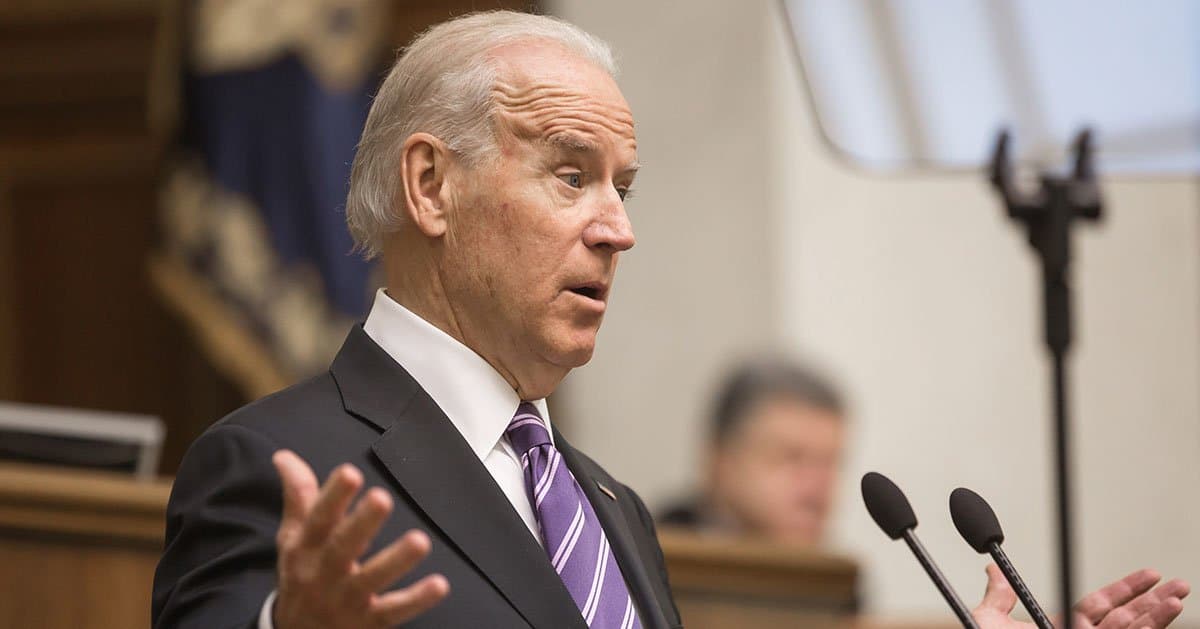





A 14-year-old boy’s life was cut short in a brutal Bronx playground attack, mistaken for someone else by a vengeful gang.
The New York Post reported that Angel Mendoza, a ninth-grader, met a horrific end at Williamsbridge Oval Playground, where cellphone footage captured a savage beating and stabbing. This isn’t just a tragedy—it’s a glaring symptom of unchecked gang violence in our cities.
On Tuesday evening, Mendoza was fatally stabbed in a case of mistaken identity, targeted by teens retaliating for an earlier fight he had no part in.
The attackers, allegedly tied to the Trinitarios gang, pistol-whipped, beat, and stabbed him, leaving him to die in a park where he often played basketball. It’s a chilling reminder of how quickly innocence can be snuffed out by senseless retribution.
The assault unfolded around 7:30 p.m. at the Norwood playground, just blocks from Mendoza’s home. Police arrived to find the young teen clinging to life, his body battered from kicks to the head and face. Progressive policies coddling juvenile offenders do little to deter such brazen cruelty.
Cellphone video, its origins unclear, documented the attackers’ ferocity as they struck Mendoza with a Taurus 9mm pistol. One stab to his chest and another to his abdomen sealed his fate. The casual filming of such savagery raises questions about a culture numb to violence.
Mendoza’s father, Miguel, described his son’s injuries with heartbreaking clarity: “His lip was cut. His front teeth were broken like somebody hit him with a pistol.”
The father’s grief is palpable, yet his call for justice without weapons falls on deaf ears in a city soft on crime.
“Everyone who was involved should be arrested,” Miguel told the Daily News, demanding accountability. He’s right—fists might settle scores, but knives and guns turn disputes into funerals. Yet, lenient sentencing often lets these young predators back onto our streets.
Mendoza’s only crime was his friendship with two teens who’d clashed with the gang earlier that day. Another teen was stabbed in that prior melee, setting the stage for the fatal retaliation. Mistaken identity, a recurring nightmare, echoes the 2018 killing of Lesandro “Junior” Guzman-Feliz by the same gang.
Police rushed Mendoza to Jacobi Medical Center, where he was pronounced dead before 9 p.m. A 17-year-old, also stabbed in the shoulder and abdomen, survived and was treated at Montefiore Medical Center. The contrast between one life lost and another spared underscores the randomness of such violence.
Four teens—Andrew Ansah, 18, Jordan Williams, 18, and two minors aged 15 and 16—were arrested. They face charges of murder, manslaughter, gang assault, and weapon possession. But will the justice system hold them accountable, or will it churn out more excuses for “youthful” mistakes?
Ansah and Williams were arraigned in Bronx Criminal Court, held without bail—a rare moment of judicial clarity.
At least one knife and a firearm were recovered at the scene, evidence of premeditated brutality. Yet, the revolving door of juvenile justice often undermines such arrests.
Bloodstains marred the playground’s pavement, later washed away by a city worker as if erasing the tragedy itself. Mendoza’s death isn’t just a statistic; it’s a wound on a community where kids should be safe to play. Excusing gang culture as “misunderstood” only deepens these scars.
The Trinitarios gang, suspected in this attack, has a bloody history of mistaken-identity killings. Their 2018 murder of “Junior” Guzman-Feliz shocked the city, yet here we are again. When will leaders stop pandering to progressive ideals and confront the gang epidemic head-on?
Mendoza’s father’s words linger: “They can fight as much as they want without knives and guns.” It’s a simple plea for a return to basic human decency, drowned out by a culture that glorifies violence. Urban decay thrives when accountability is labeled “oppressive.”
The playground, once a haven for Mendoza’s basketball games, is now a grim reminder of lost innocence. A 14-year-old should worry about homework, not dodging gang vendettas. Soft-on-crime policies embolden these tragedies, leaving families to pick up the pieces.



